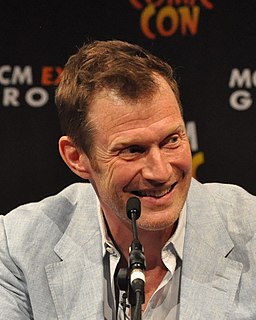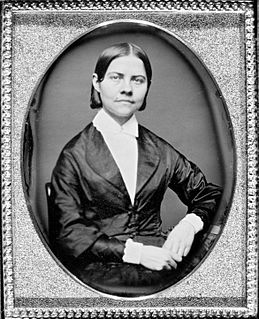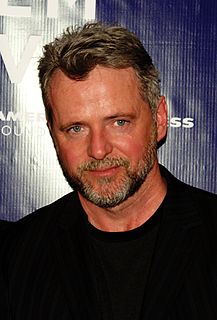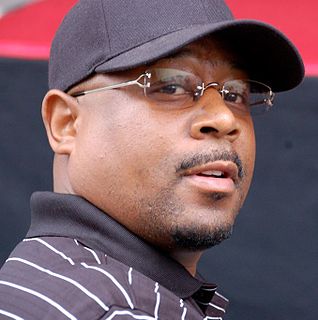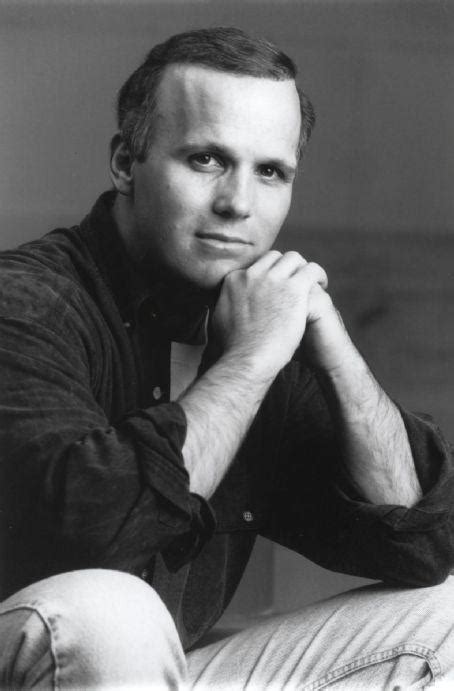A Quote by Maxine Peake
I get very irate with actors when they talk about how distressing it all is. I mean, it's only acting. Please.
Related Quotes
Every director should take an acting class. At least one. You know, you panic with actors. It's like, "Okay, this is back in college, I know how to talk to these guys. I know their vocabulary, and I get what they're saying back to me." So basically to learn the vernacular of acting, that's very important.
You may talk about Free Love, if you please, but we are to have the right to vote. Today we are fined, imprisoned, and hanged, without a jury trial by our peers. You shall not cheat us by getting us off to talk about something else. When we get the suffrage, then you may taunt us with anything you please, and we will then talk about it as long as you please.
What I learned about acting, from my experiences directing, is why so many producers and directors don't like actors. You go through all of this work securing a location, figuring out how to get electricity there, how to get trucks parked where they need to be, and where catering is going to come from. And if the actors don't come up with some magic, it actually didn't matter. That creates a lot of animosity towards the actors.
I think there's a lot of mythos about what's required in acting. The way that actors talk about acting is generally quite punishing, and I think actors want to put forward the idea that they do all of this work because, you know, it's a post-De Niro world, when, largely, in fact, it's almost never true.
I love saying 'yes' and I love saying 'please.' Saying 'yes' doesn't mean I don't know how to say no, and saying 'please' doesn't mean I am waiting for permission. 'Yes please' sounds powerful and concise. It's a response and a request. It is not about being a good girl; it is about being a real woman.
It's botherin' me, man. You know, you can't say this, you can't say that, I'm like, well, how am I gonna talk about the world? You know? I mean I need to talk about something to you all, can I - can I do it? Can I talk to y'all? I mean, I hope the kids are in bed, you know, because I got to talk, y'all.
You can talk about things indirectly, but if you want to talk how people really talk, you have to talk R-rated. I mean I've got three incredibly intelligent daughters, but when you get mad, you get mad and you talk like people talk. When a normal 17-year-old girl storms out of the house or 15-year-old boy is mad at his mom or dad, they're not talking the way people talk on TV. Unless it's cable.
All the theories that acting is reacting to imaginary circumstances as though they are real, and directing is turning psychology into behavior, those are all stabs at something that can't be taught. All the great actors can't talk about what they do, and they don't want to begin to talk about it. They just do it.



